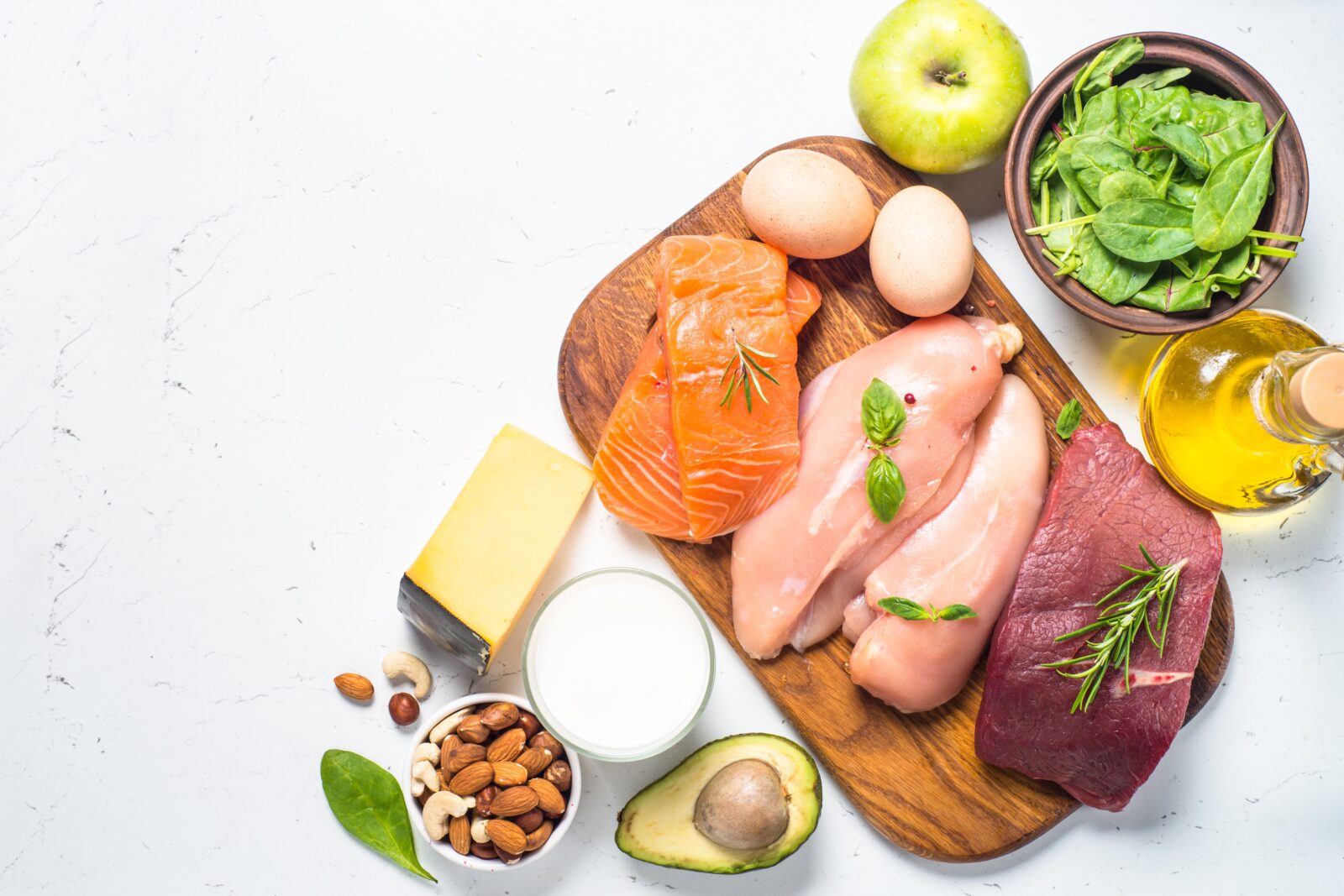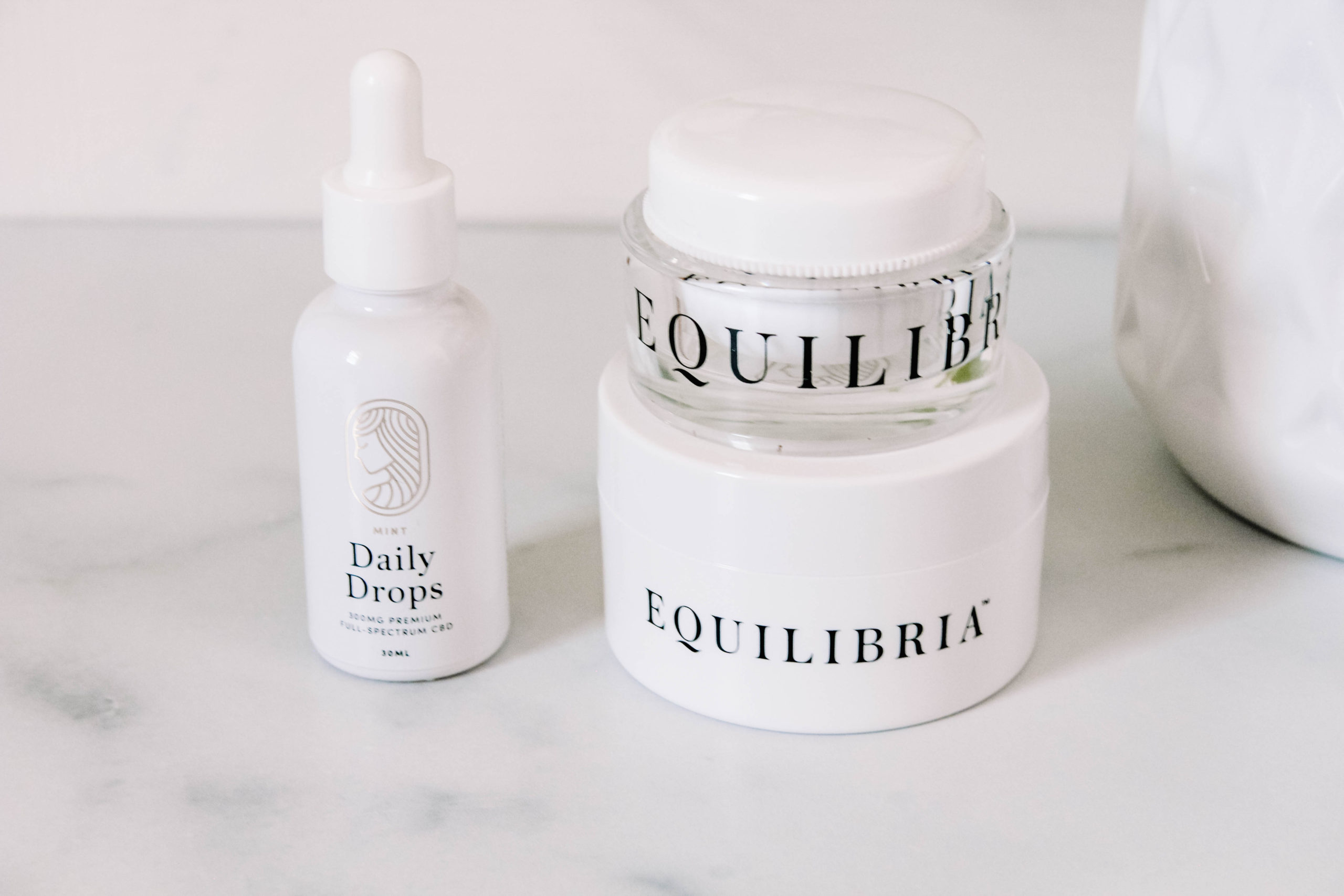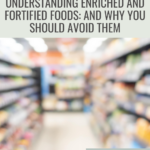Last updated on May 5th, 2023 at 03:28 pm
Enriched or fortified foods is frankly just a fancy way to say processed food or Franken-food. In fact, we find these types of food everywhere, from the convenience store at the gas station to the local grocery store and the local drug store. As a holistic nutritionist, the deception and trickery are infuriating.
Did you know that in 1998 the FDA began requiring manufacturers to add folic acid (the synthetic form of folate) to breads, flours, cornmeal, pasta, rice, and other grain products in the United States?

The terms enriched or fortified sound so healthy, don’t they? But, sadly, these foods get “enriched or fortified” with synthetic vitamins and/or minerals that our bodies have no idea how to process and can’t utilize properly. After all, the sad thing is that, unbeknownst to the consumer, these synthetic nutrients cause a whole array of health issues.
Another example of this is that many people today have the MTHFR mutation. So when someone with this mutation consumes folic acid, the body simply can’t process it. This causes folic acid to build up in the system. In short, the body stores the excess as a toxin in organs and fat tissue.
One of the most beloved food items commonly “fortified or enriched” is milk. As a result, most of the milk sold in stores these days contain synthetic vitamin A and D. These synthetic nutrients are added after the milk has gone through pasteurization and homogenization. These synthetic vitamins are not the same as the natural bioavailable forms of the vitamins present in raw milk, which means that our bodies can’t utilize them similarly. This doesn’t mean all dairy is bad. Raw or small-batch pasteurized dairy can (and should ) be a part of real food and nourishing eating.
So what are the most common fortified and enriched foods:
- bread
- crackers
- rice
- cereal
- white flour
- pasta
- cornmeal and other corn products
- iodized salt
- juice
- nut milk
- pasteurized and/or homogenized milk and dairy products

How do we get the most nutrients in our diets that our bodies can absorb and process properly?
It is absolutely best to stick with nutrient-dense real, unprocessed foods like:
- pastured meats and eggs
- fruits and vegetables
- raw milk and cultured dairy
- soaked or sprouted nuts and seeds
- healthy fats
- fermented foods (sauerkraut, kimchi, beet kvass, kombucha, etc)
- properly prepared grains
A nutrient-dense, real whole-food diet is the best way to get all the bioavailable nutrients and keep our bodies happy and healthy.
I want to challenge you to look at all the labels of food items in your pantry, fridge, and freezer and see what you find. Especially look for the words “enriched” or “fortified.” If you find any, that is okay. Take a deep breath and resolve to slowly replace these processed foods with their unprocessed counterparts – this is so you can live a happier and healthier life.
Read more: “A Real Food Kitchen Series”
Disclaimer: This post is not intended to provide medical advice, diagnosis, or treatment and is for educational purposes only.
For pantry staples at discounted prices, check out Thrive Market and save 40% off your first order!
*****
For quality, grass-fed, and pastured raised meats, check out Butcher Box and save $50 on your first box!
*****
Use this link to save $20 on your first order at Purity Coffee!
*****
For quality pantry staples and pastured raised meats in bulk, check out Azure Standard!
*****
For quality raw dairy products, check out Miller’s Organic Farm!
*****
To order bulk organic and sustainably harvested herbs and spices, visit Mountain Rose Herbs!





+ view comments